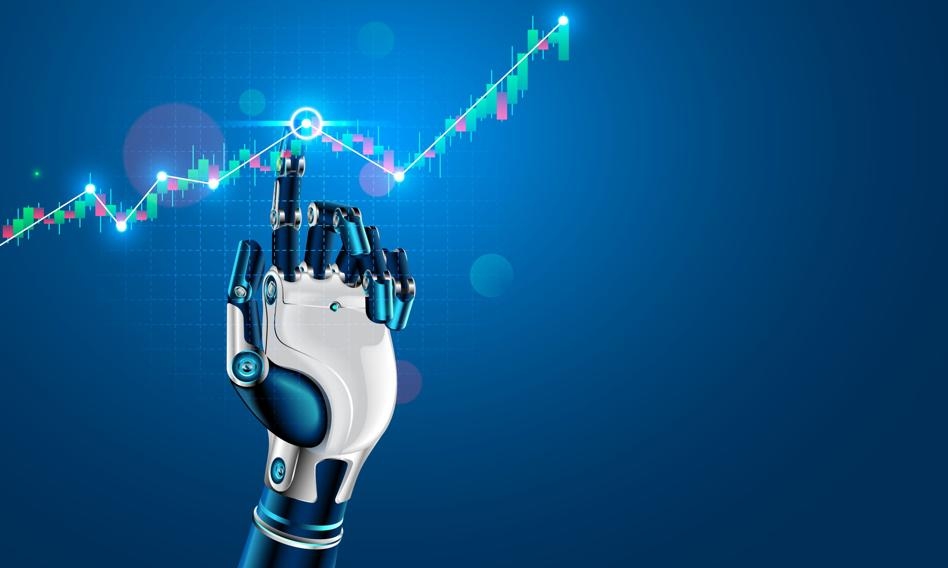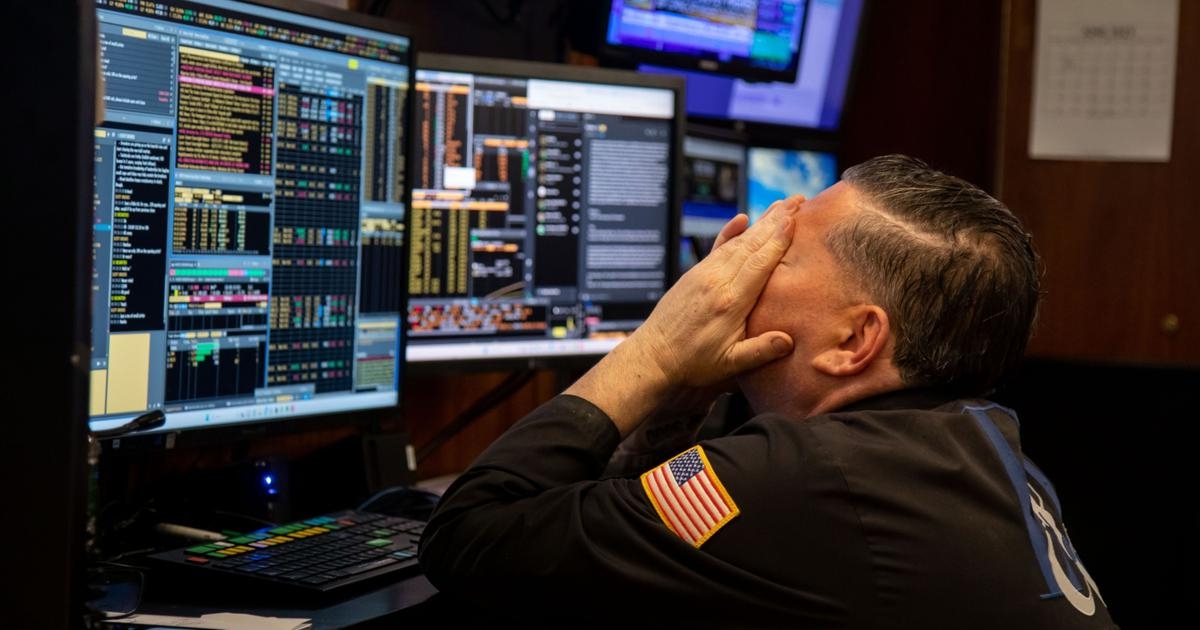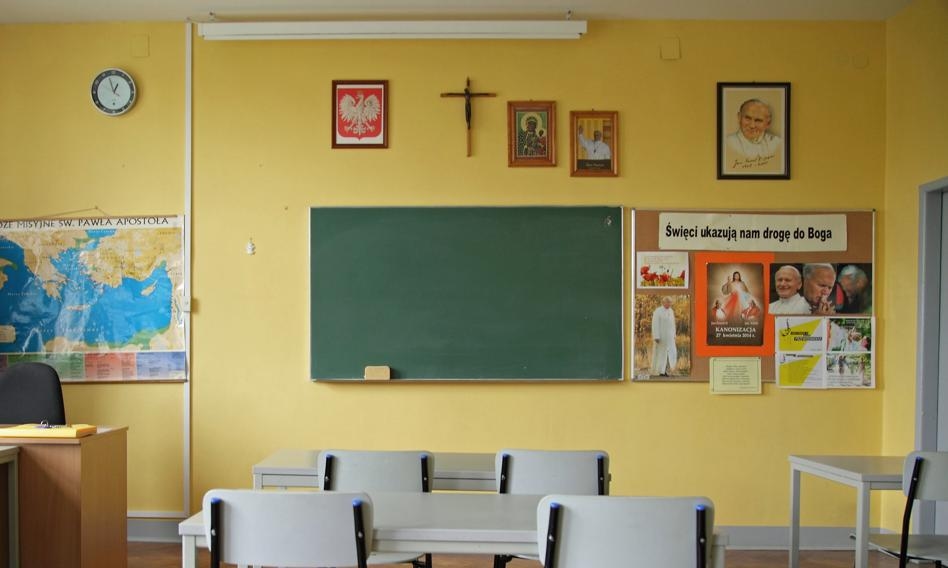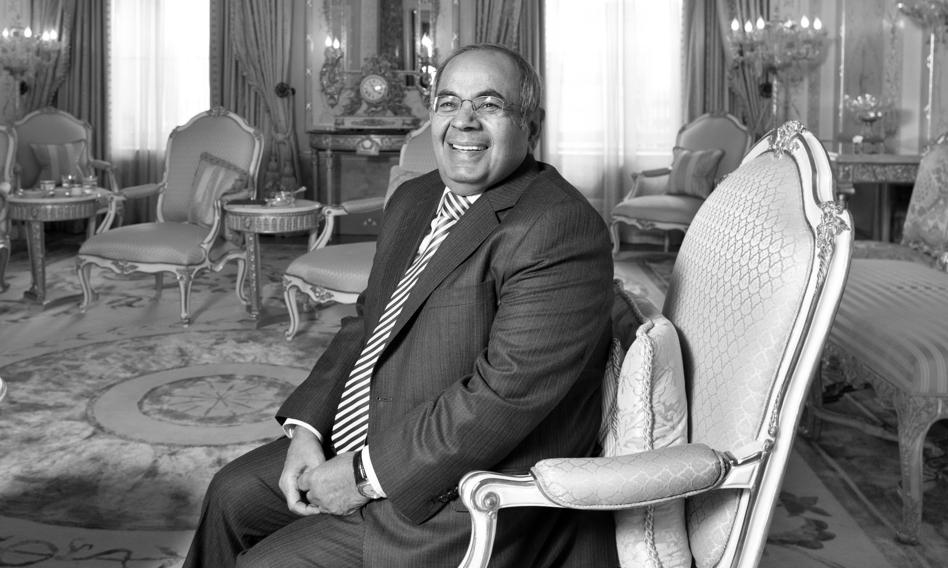The biggest drop in the S&P 500 and Nasdaq in over three weeks
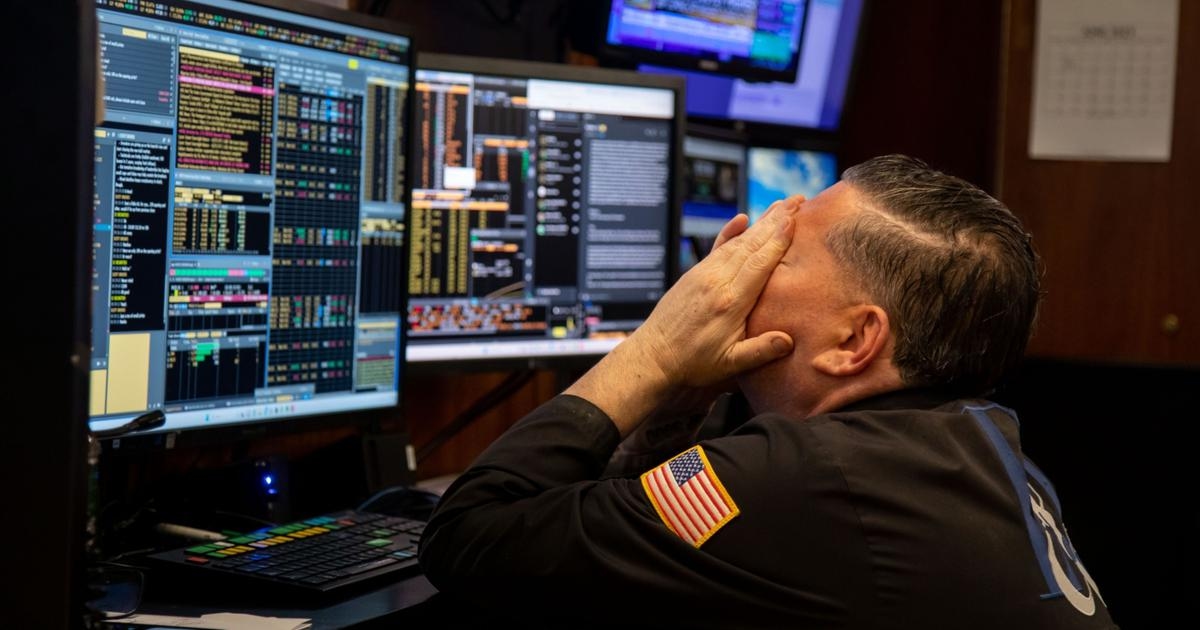
US stock markets experienced a sell-off on Tuesday, partially blamed on David Solomon and Ted Pick, CEOs of Goldman Sachs and Morgan Stanley, who spoke at a financial conference in Hong Kong about an expected market correction of 10-15% over the next 12-24 months. This revived concerns, which were also reflected in the reaction to Palantir Technologies' quarterly results (-7.95%). Although the results were better than expected, the reaction was negative, attributed to the growing belief that the company's valuation, which had risen by over 170% this year through Tuesday on the wave of the artificial intelligence boom, was too high. This was corroborated by reports that the decline in Palantir's share price, as well as that of the AI industry's flagship company, Nvidia (-4.0%), was bet on the options market by Michael Burry, head of Scion Asset Management, a fund renowned for its successful positioning before the 2008 crisis. AI stocks, for which demand supported the rise in indices on Monday despite a clear supply advantage elsewhere in the market, fell. The sector-specific iShares Future AI & Tech ETF (-3.8%) recorded its biggest decline on Tuesday since October 10, when a sharp sell-off occurred following President Donald Trump's threat to significantly raise tariffs on China in retaliation for the announced tightening of export controls on rare earth elements.
Investor sentiment is also being dampened by the prolonged government shutdown, which will be record-breaking starting Wednesday. Bernstein analysts predict a weak holiday season in the US due to expected lower consumer spending, stemming in part from the dramatic reduction in SNAP, the largest federal food assistance program. Bank of America also forecasts lower consumer spending for the same reason.
US treasuries were the safe havens on Tuesday. The yield on 10-year bonds fell the most in two weeks. Investors also bought shares of Berkshire Hathaway (2.6%), encouraged by a "safe" portfolio of assets and the strong results announced by Warren Buffett's company last weekend.
By the end of the session, 56% of S&P 500 stocks were down. Supply was prevalent in seven of the index's 11 main segments. IT companies saw the sharpest declines (-2.3%), with semiconductor companies performing the worst (-3.7%). Consumer discretionary (-1.85%) was also among the weakest segments on Tuesday, with automotive companies experiencing the sharpest decline (-4.9%). Telecommunications services companies also fell more sharply (-1.5%) than the market. Financials (0.55%), consumer discretionary (0.5%), and healthcare (0.4%) were the strongest performers.
In the Dow Jones Industrial Average, 19 of 30 companies fell. Caterpillar, Nvidia (-4.0% each), and Boeing (-3.2%) saw the biggest declines. Travelers Cos. (3.6%), Merck & Co. (1.7%), and Home Depot (1.25%) saw the biggest gains.
75% of the 3,300 companies in the Nasdaq Composite closed lower. The same was true for the narrower Nasdaq 100. Among the tech blue chips in the "Magnificent Seven," only Apple managed to avoid a decline in value (0.45%). Tesla saw the sharpest decline (-5.15%), possibly fueled by the news that a Norwegian investment fund will oppose CEO Elon Musk's record-breaking compensation package at its November 6th general meeting, which could determine whether he remains in office.
najnowsze

